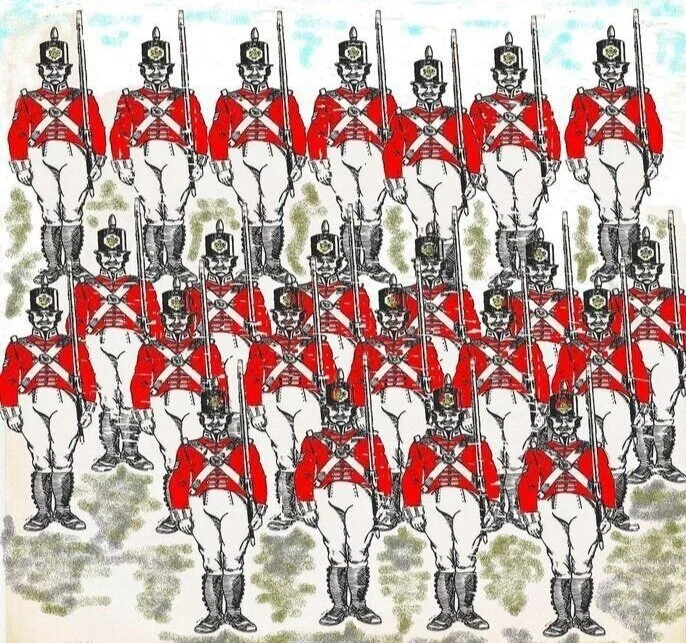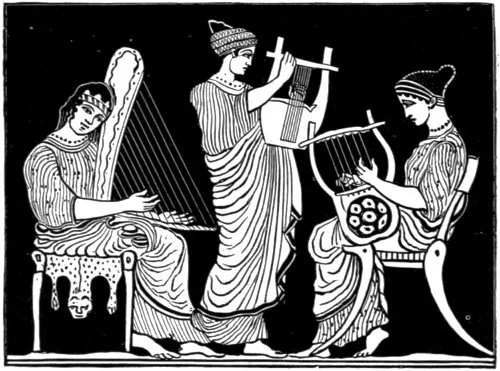Word of the week: A rare and archaic word from the late 17th century, and an alternative adjective to hepatic, from the French jécoraire and Latin jecur, it means relating to the liver, but not necessarily organ songs
Read moreWord of the week: jecorary
Lou Reed




















